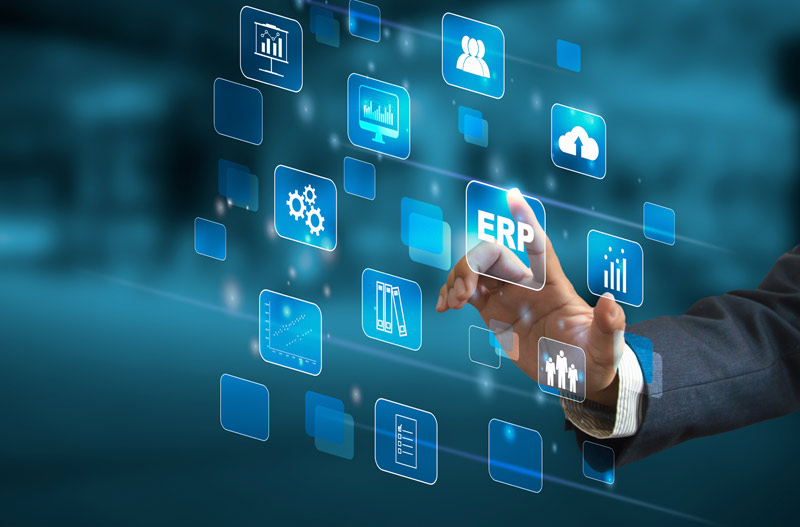
Some of the ERP trends you should keep an eye on:
- Cloud-Based ERP: Cloud-based ERP systems have gained significant popularity due to their scalability, cost-effectiveness, and ease of implementation. They offer real-time data access, enhanced security, and flexibility for businesses of all sizes.
- Mobile ERP: With the proliferation of mobile devices, ERP systems are becoming increasingly accessible via mobile apps. This trend allows employees to access and manage ERP data on the go, enabling better collaboration, decision-making, and productivity.
- Artificial Intelligence (AI) and Machine Learning (ML): AI and ML technologies are being integrated into ERP systems to automate and optimize various processes. These technologies can analyze large volumes of data, provide intelligent insights, automate repetitive tasks, and improve forecasting and decision-making capabilities.
- Internet of Things (IoT) Integration: IoT devices are generating vast amounts of data, and integrating them with ERP systems can provide valuable insights for businesses. IoT-enabled ERP systems can monitor and control connected devices, improve supply chain management, enhance asset tracking, and enable predictive maintenance.
- Blockchain in ERP: Blockchain technology offers secure and transparent transactions by creating an immutable ledger. Integrating blockchain with ERP systems can enhance data security, streamline supply chain processes, and improve trust and transparency across the organization.
- Enhanced Data Analytics: ERP systems are increasingly incorporating advanced analytics capabilities to transform raw data into actionable insights. Predictive analytics, data visualization, and real-time reporting enable businesses to make informed decisions, identify trends, and optimize operations.
- Focus on User Experience (UX): ERP vendors are emphasizing user-friendly interfaces and intuitive designs to enhance user experience. A well-designed ERP system can improve user adoption, productivity, and overall satisfaction with the software.
- Integration with Other Business Systems: ERP systems are being integrated with other critical business systems like Customer Relationship Management (CRM), Human Resources (HR), and Business Intelligence (BI). This integration enables seamless data flow between systems, eliminates data silos, and provides a holistic view of the organization.
- Industry-Specific ERP Solutions: ERP vendors are developing industry-specific solutions tailored to meet the unique needs of various sectors. These specialized ERP systems offer industry-specific functionalities, compliance features, and best practices, providing a competitive advantage to businesses.
It’s worth noting that technology trends are continually evolving, and new developments may have emerged since my last update. It’s always advisable to stay informed about the latest advancements and consult with industry experts or ERP vendors to assess the best trends for your specific business requirements.
